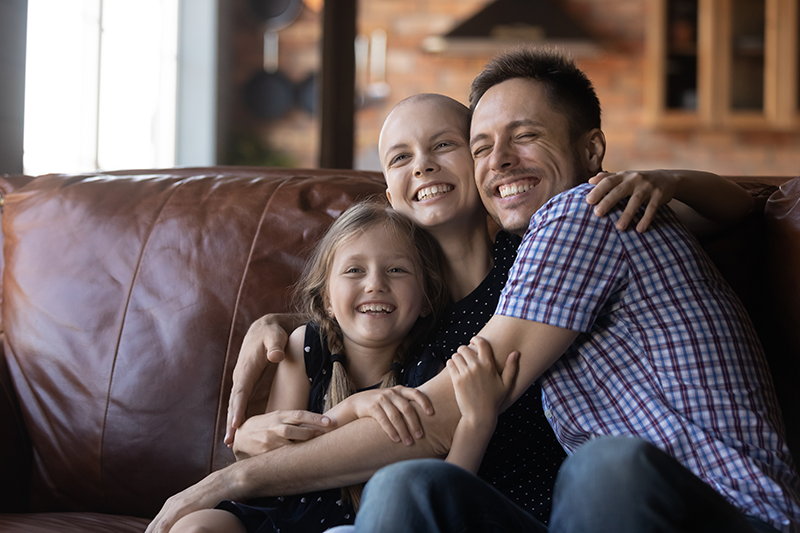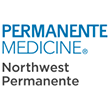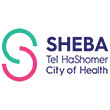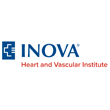Improve Outcomes While Increasing Capacity
Side effects of chemotherapy, immunotherapy, and other cancer treatments that go unreported or are not promptly acted upon can delay treatment adjustment, impact the patient’s quality of life and cause patients to stop taking their medications.
With Datos Health, many aspects of cancer care and cancer pain management can be automated. Clinical workflows are instantly translated into personalized CareApps to provide patients with automated assisted self-care when appropriate and send notifications to care teams when needed. Our CareApps encourage and remind patients to adhere to their medication regimen, and complete questionnaires and symptom surveys that are pre-defined by the care team. Automated symptom self-management, earlier medication titration, and closer medical management decrease hospital admissions risk and alleviate care teams of many non-critical tasks so they can focus on the patients that need them most.
Sample Remote Oncology Workflow

Your Care. Your Way.
Our Open Care platform enables clinicians to customize one of our turnkey cancer care management programs or to quickly build their own programs with our user-friendly Design Studio for quick and easy deployment without the need for IT. Any changes to your workflow are immediately reflected in the patient CareApp.
Our automated assisted self-care programs include:
- Pancreatic cancer
- Radiation pain management
- Head & Neck cancer
- Oncology Surgery
- General oral medication side effect management
- Breast cancer
- Cancer-related fatigue monitoring

Enhance Patient Engagement
Based on rules defined by the care team, Datos Health’s CareApp engages patients and prompts them to report possible symptoms and side effects, and the system scores these Patient Reported Outcomes (PROMS)-for example using CTCAE- allowing the app to perform rules-based triage to identify patients who require intervention. Cancer pain management, symptoms, and side effects, are better managed and closely monitored, leading to advanced patient engagement.

Reduce Workload
Cancer pain management and symptom side-effect management are some of the most common time-consuming tasks for oncology staff. Identification of patients who require no immediate intervention, automated recommendations for managing less severe symptoms and side effects and care team notifications when necessary, combine to relieve care teams of a substantial amount of work and allow them to focus on those patients who most urgently need their attention.

Improve Patient Outcomes
Cancer patients on a Datos Health automated care plan are more engaged and activated. They are reminded to take their medications and have better managed medication side effects, all leading to reduced anxiety, better quality of life, increased adherence to treatment protocols and overall improved outcomes.
Optimized User Experience, Backed by Automation
Developed to meet the needs of both patients and providers, Datos Health pairs powerful data analytics and automation with a platform designed for ease of use.

Data-driven
Our platform automatically cleanses, validates, and tags patient data to preserve staff hours. Clinicians easily see data trends and receive notifications on changes in a patients’ health so they can quickly intervene and prevent adverse events.

Device Agnostic
Unlike some RPM solutions, Datos Health can integrate with any connected device to collect the necessary patient generated health data. Patients can use devices they already own and wear (such as a smartwatch), helping to improve compliance.

Fully Automated
Our software recreates the steps in a care teams’ clinical workflow. Datos Health then performs tasks following a decision tree and notifies the care team when necessary. Patients are guided through at-home care for their symptoms or directed to visit the ED.

User-friendly
Our Patient Experience app was designed to be easy for any patient to use, which is crucial for patient engagement. The Design Studio also features a user-friendly drag and drop interface, enabling care teams to quickly personalize treatment plans.






